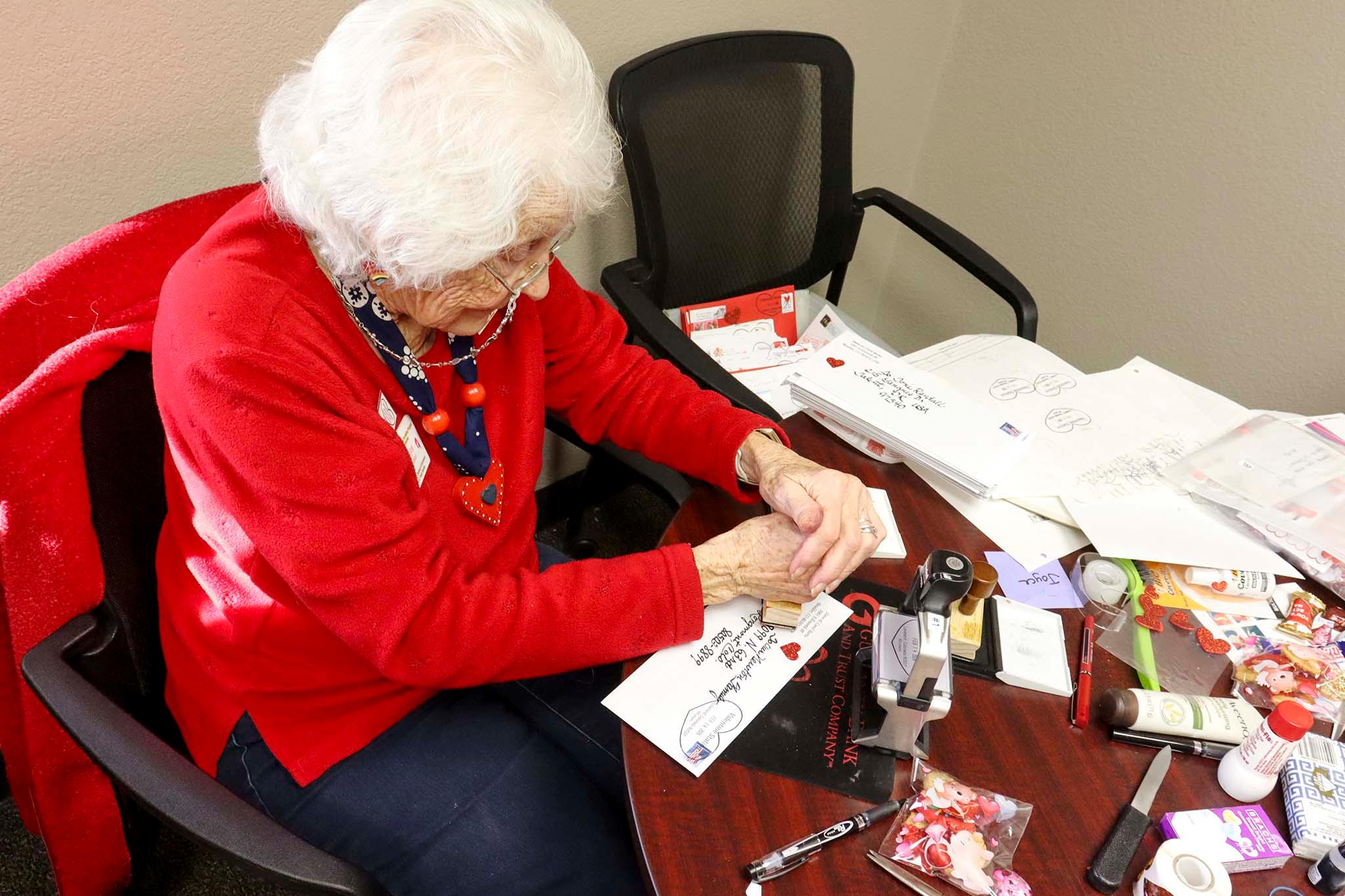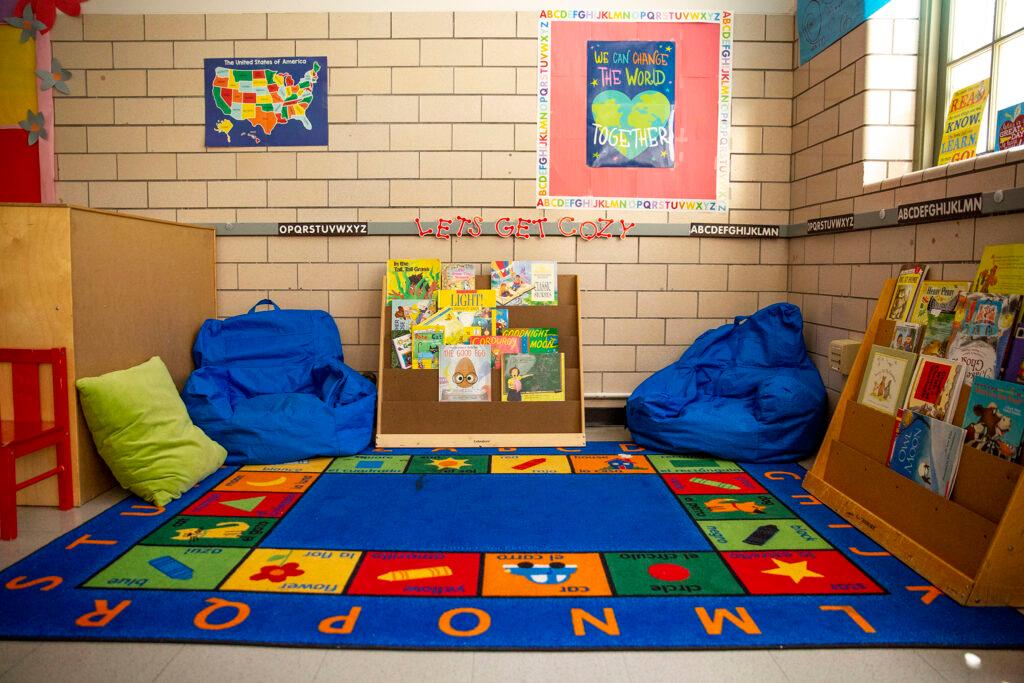
The federal government pays for airlines to fly into small, often remote, airports. The program is called "Essential Air Service," and three Colorado airports are part of it.
Airlines serving Pueblo, Alamosa, and Cortez receive the subsidies.
However, President Trump's proposed 2018 budget is putting the program on the chopping block. James Simmons, a professor in aviation management at Metropolitan State University of Denver, says Essential Air Service was created in the 1970s following deregulation of U.S. passenger air service. There was fear that many small communities would lose daily flights as the airline marketplace shifted to a deregulated state.
Congress doesn't subsidize the airports directly, but provides funding to individual airlines to offset the cost of maintaining routes to rural towns far from major airports.
"If there's no EAS subsidy, it would mean the end of [commercial passenger] air service in Pueblo." -Ian Turner, Pueblo Airport
This isn't the first time Essential Air Service, which has a budget of roughly $277 million, has been on the chopping block, said Simmons.
In Pueblo, the subsidies amount to $484 per ticketed passenger; in Alamosa, $706 per ticketed passenger, and in Cortez, $986 per ticketed passenger.
"According to current statistics, the Cortez air service is about $3.6 million a year, the Pueblo air service is about $1.7 million a year, and the Alamosa air service is about $2.6 million a year," said Simmons
Pueblo airport manager Ian Turner said losing the subsidies would significantly affect the airport.
"It means less infrastructure improvements, it means less ability to maintain the current infrastructure we have," he said.
"If there's no EAS subsidy, it would mean the end of [passenger] air service in Pueblo. I don't believe the city would be able to find the necessary funds to keep an airline flying to any destination from Pueblo."
Cortez airport manager Russ Machen agreed:
"If the EAS program were to be suspended, the airport as we know it would certainly end as well. At that point, it would be up to our airline, Boutique Air, to determine whether it would be financially viable to continue service at Cortez; and what level of service that would look like. At the end of the day, we know our citizens would be paying considerably more to fly, whether from the local airport or traveling by car to a more distant airport for a flight from there. The airport and community would surely suffer long term negative economic impacts as well."
There are opponents of the subsidies.
"[Opponents say] there's so little air service that people take advantage of in these small communities, that it really is not worth the $277 million out of the federal budget to provide this subsidy," Simmons said.
In 2015, Simmons points out there were 3,670 air service passengers that arrived or departed from the Pueblo airport. He added sometimes there are just two to four people per flight.
President Trump has said his proposed budget seeks to "...do more with less, and make the Government lean and accountable to the people."
Simmons spoke with Colorado Matters host Ryan Warner.







